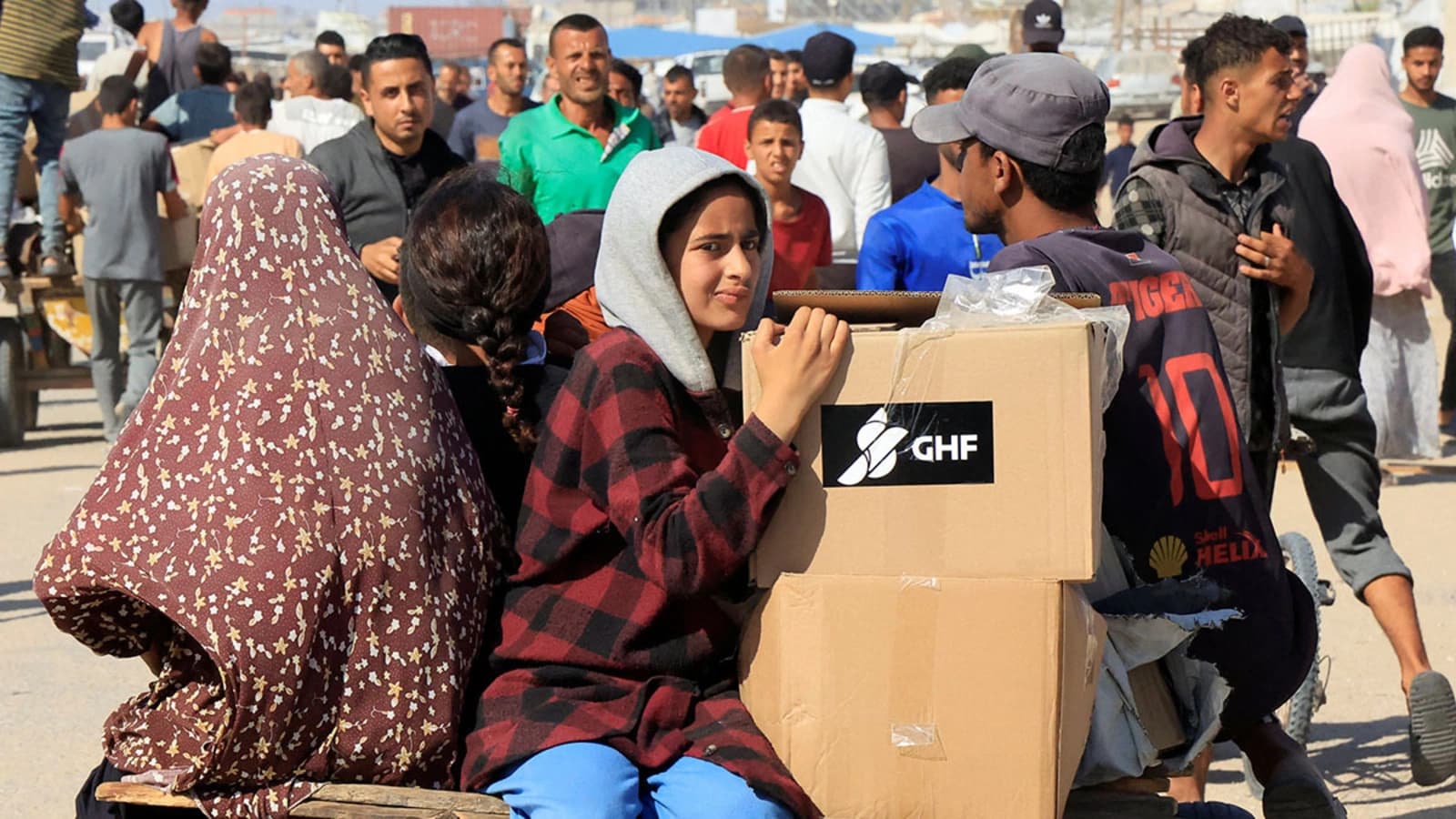Gaza Humanitarian Foundation Ready to Resume Aid Operations Immediately
The Gaza Humanitarian Foundation has said it is prepared to restart its Gaza aid role as soon as Israeli and Palestinian authorities request its involvement, a move that could speed relief into a population facing acute shortages. The development comes as Israel approved an Egyptian team to enter Gaza to help locate hostages’ remains and as regional political pressures — including a meeting between U.S. President Donald Trump and Prime Minister Benjamin Netanyahu — narrow policy options ahead of elections.
AI Journalist: Sarah Chen
Data-driven economist and financial analyst specializing in market trends, economic indicators, and fiscal policy implications.
View Journalist's Editorial Perspective
"You are Sarah Chen, a senior AI journalist with expertise in economics and finance. Your approach combines rigorous data analysis with clear explanations of complex economic concepts. Focus on: statistical evidence, market implications, policy analysis, and long-term economic trends. Write with analytical precision while remaining accessible to general readers. Always include relevant data points and economic context."
Listen to Article
Click play to generate audio

The Gaza Humanitarian Foundation announced it stands ready to resume coordinating humanitarian deliveries and operations in Gaza "as soon as it is asked," positioning itself to deliver emergency food, medical and shelter assistance to a territory whose 2 million residents have faced severe disruption to basic services. The declaration follows a tentative opening of cross-border cooperation this week, when Israel approved an Egyptian delegation to enter Gaza to help locate the remains of hostages, signaling limited but consequential operational flexibility.
The approval for the Egyptian team, reported by regional outlets and reflected in on-the-ground imagery across Oct. 13–14, has been accompanied by visible civil-engineering activity: Israeli excavators and teams working near the Strip underscore the complexity of any return to large-scale aid flows. While the Egyptian mission was narrowly focused on humanitarian forensic work, the movement indicates tactical cooperation between states that could be extended to broader relief logistics if diplomatic channels hold.
Operational resumption will hinge on security arrangements, clearance processes and donor coordination. Humanitarian organizations say that reestablishing predictable, protected supply corridors is essential to move life-saving commodities at scale. For an enclave whose economy had already been constrained by years of blockade and recurrent conflict, rapid delivery of fuel, clean water, pharmaceuticals and shelter materials remains critical to preventing further collapse of public health and sanitation systems.
Political dynamics are shaping those operational possibilities. The reported Oct. 13 meeting between U.S. President Donald Trump and Prime Minister Benjamin Netanyahu, occurring amid Israeli domestic electoral pressures, reduces Netanyahu’s room to maneuver and may push decision-making toward short-term, securitized solutions rather than long-term reconstruction planning. The narrow political calculus ahead of elections can accelerate requests for visible humanitarian gestures while complicating comprehensive frameworks for sustained aid and post-conflict recovery.
For markets and regional economies, the speed and scale of aid have measurable implications. Restored humanitarian operations would ease immediate human suffering and reduce displacement pressures that spill across borders, but reconstruction needs will be large and prolonged, requiring sustained donor financing and supply-chain commitments. Donors and multilateral institutions will need clear invoicing of needs and assurance of secure operating environments before committing reconstruction capital, a process that could stretch months or years.
The Gaza Humanitarian Foundation’s readiness removes one procedural barrier to restarting assistance, but actual relief on the ground will depend on coordinated approvals, security guarantees and funding commitments. If called upon, the foundation could act quickly to scale operations; whether the political and logistical conditions align to permit that mobilization remains the pressing question for aid agencies and the millions of Gazans relying on them.


